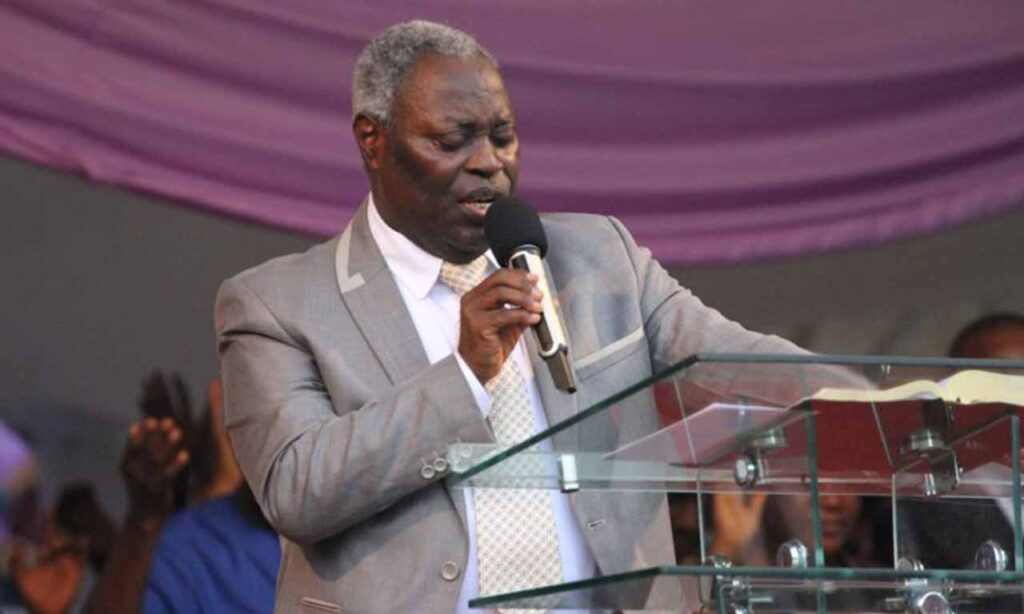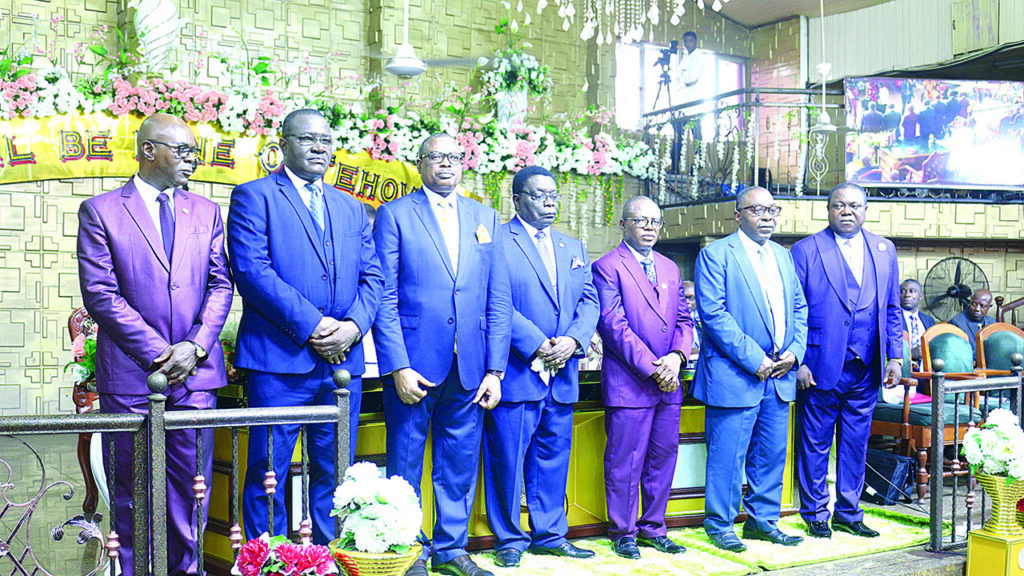
Pentecost, the beginning and birthday of the church, is an annual feast that closes out the Easter season 50 days after the resurrection is celebrated. The word Pentecost has its root in the Greek word that means five. (One can see where the word pentagon comes from.) It is also a word that was used in Judaism during the time of Jesus Christ, as Pentecost was the word used for the harvest festival Shavuot.
According to Britannica; Pentecost, (Pentecost from Greek Pentecost, “50th day”), major festival in the Christian church, celebrated on the Sunday that falls on the 50th day of Easter. It commemorates the descent of the Holy Spirit on the Apostles and other disciples following the crucifixion, resurrection, and ascension of Jesus Christ (Acts of the Apostles, chapter 2). It marks the beginning of the Christian church’s mission to the world.
The Jewish feast of Pentecost (Shavuot) was primarily a thanksgiving for the first fruits of the wheat harvest, but it was later associated with a remembrance of the law given by God to Moses on Mount Sinai. The church’s transformation of the Jewish feast to a Christian festival was thus related to the belief that the gift of the Holy Spirit to the followers of Jesus was the first fruits of a new dispensation that fulfilled and succeeded the old dispensation of the law.
When the festival was first celebrated in the Christian church it is not known, but it was mentioned in a work from the Eastern Church, the Epistola Apostolorum, in the second century. In the third century it was mentioned by Origen, theologian and head of the Catechetical School in Alexandria and by Tertullian, Christian priest and writer of Carthage.
In the early church, Christians often referred to the entire 50-day period beginning with Easter as Pentecost. Baptism was administered both at the beginning (Easter) and at the end (the day of Pentecost) of the Paschal season. Eventually, Pentecost became a more popular time for baptism than Easter in northern Europe, and in England the feast was commonly called White Sunday (Whitsunday) for the special white garments worn by the newly baptised.
In The First Prayer Book of Edward VI (1549), the feast was officially called Whitsunday; this name has continued in the Anglican churches. In Catholic and other Western churches, priests often wear red vestments during Pentecost to symbolise the “tongues of fire” that descended on the disciples from the Holy spirit; members of the congregation also wear red in some traditions, and the altar is commonly dressed in a red frontal cloth.
This Christian celebration has its origins in the Acts of the Apostles, (Acts 2:1-12), when the early disciples experienced the filling of the Holy Spiritas promised by our Lord Jesus Christ. Acts also states, “while staying with them, he ordered them not to leave Jerusalem, but to wait there for the promise of the Father. ‘This,’ he said, ‘is what you have heard from me; for John baptised with water, but you will be baptised with the Holy spirit not many days from now,’” (Acts 1:4-5).
In Christian theology and teaching, the Holy Spirit who is the third person of the Godhead is known as the Paraclete. The word ‘Paraclete’ means educator, intercessor, teacher, helper and comforter. These names describe the role the Holy Spirit plays in the Church and is in the lives of God’s people. The Spirit is sent to remind us of all that Jesus said and taught. The Holy Spirit makes everything possible. Like the early church, it is our duty to pray: come Holy Spirit come in your power and might.
The Value Of The Power (Acts 2:14-16)
Power is essential for survival in this world. Jesus knew this and told the apostle (Jn. 16:7) to wait. The reason is clear. When the Holy Ghost came, power came. When power came, they were empowered for service. The Holy Spirit is that which guarantees effective service.
On this period of festivity, the disciples separated themselves in obedience to the Lord’s command to wait. The festival is held on the fiftieth day after the second day of Passover.
Pentecost as the celebration of the wheat harvest, is held mid May or early June. People ate and drank; amid eating and drinking, the early disciples separated themselves, denied themselves certain pleasures, and began the first ‘novena’ — sought the face of God for power. From the Ascension to Pentecost was a period of nine days; in these nine days the disciples prayed daily and earnestly for the descent of the Holy Spirit. There is always a prize to pay for power to come.
• Venerable Stephen Wolemonwu is the Rector, Ibru Ecumenical Centre, Agbarha-Otor, Delta State (08035413812)










